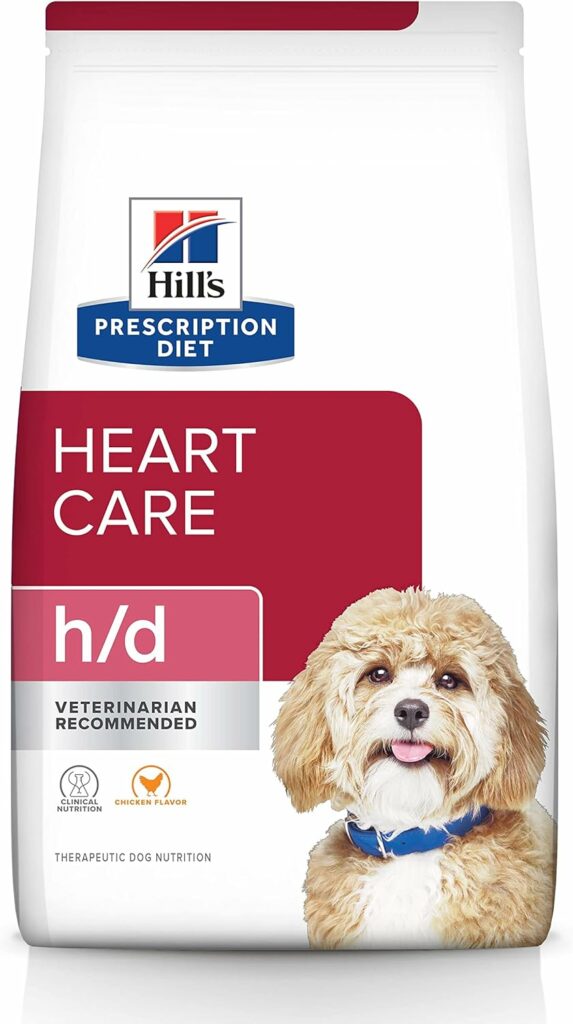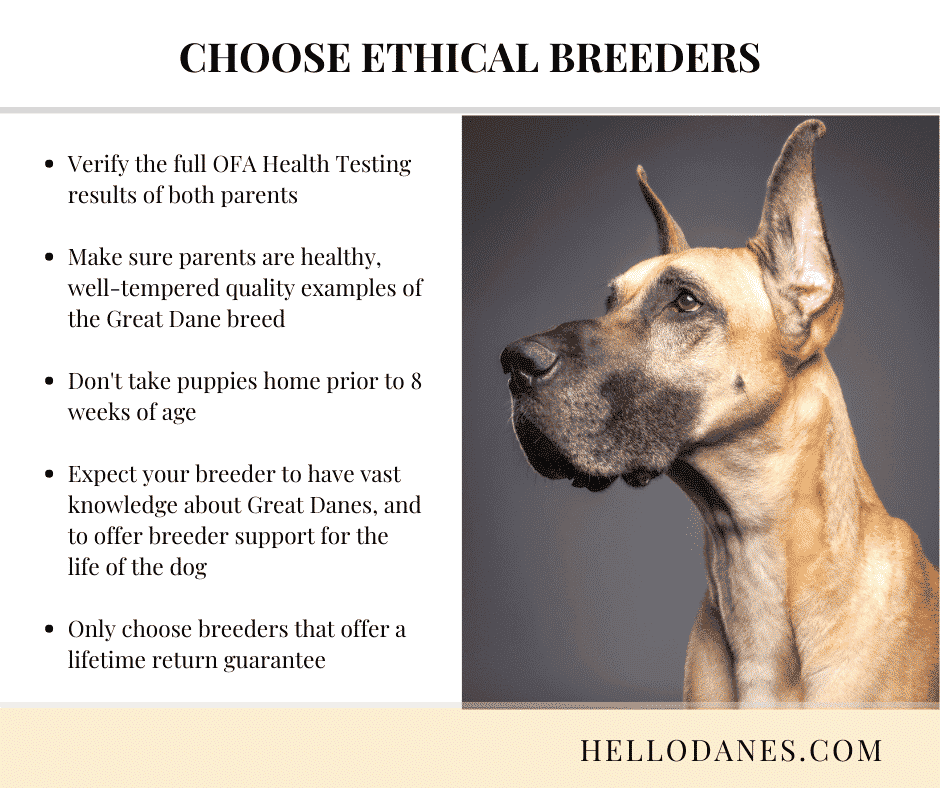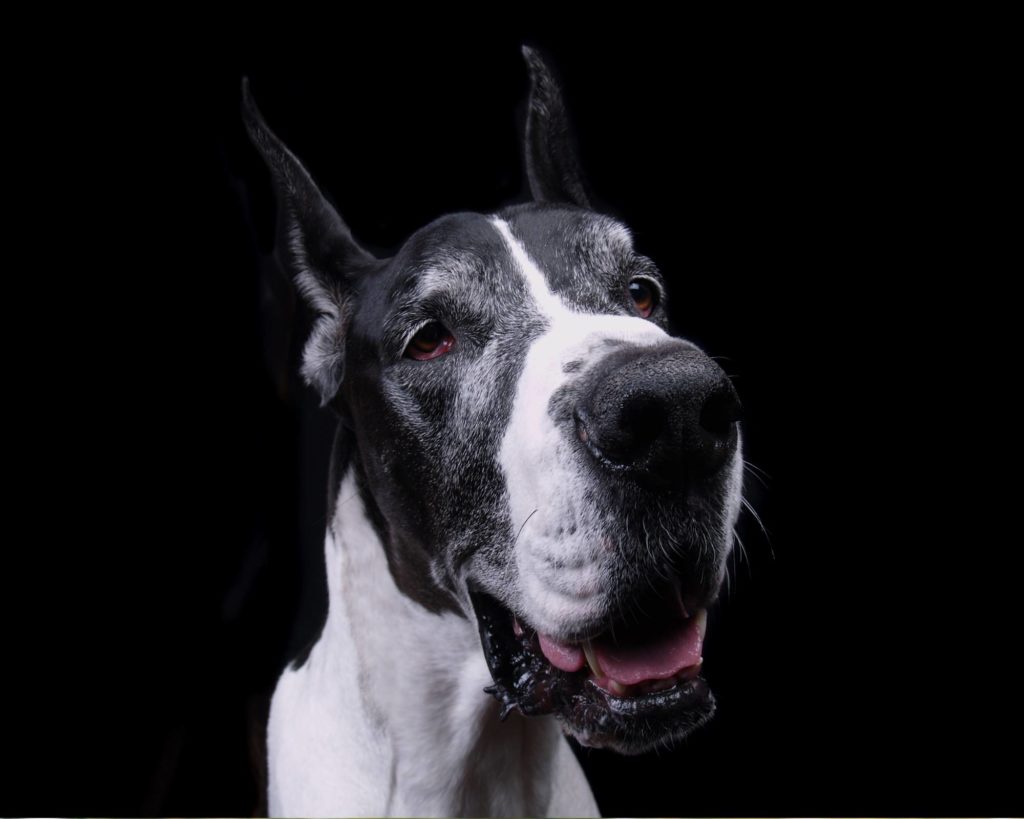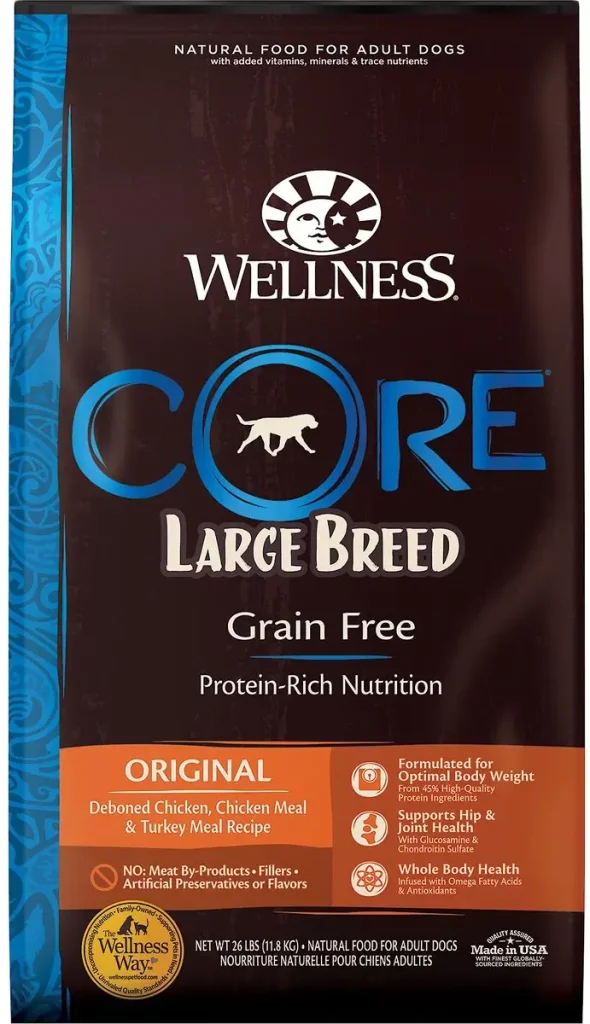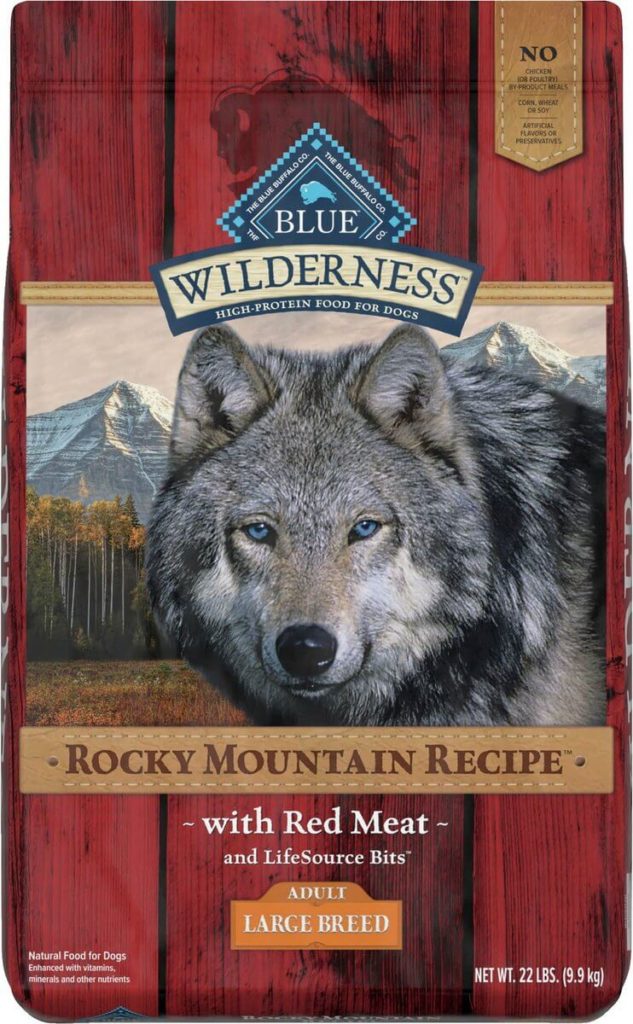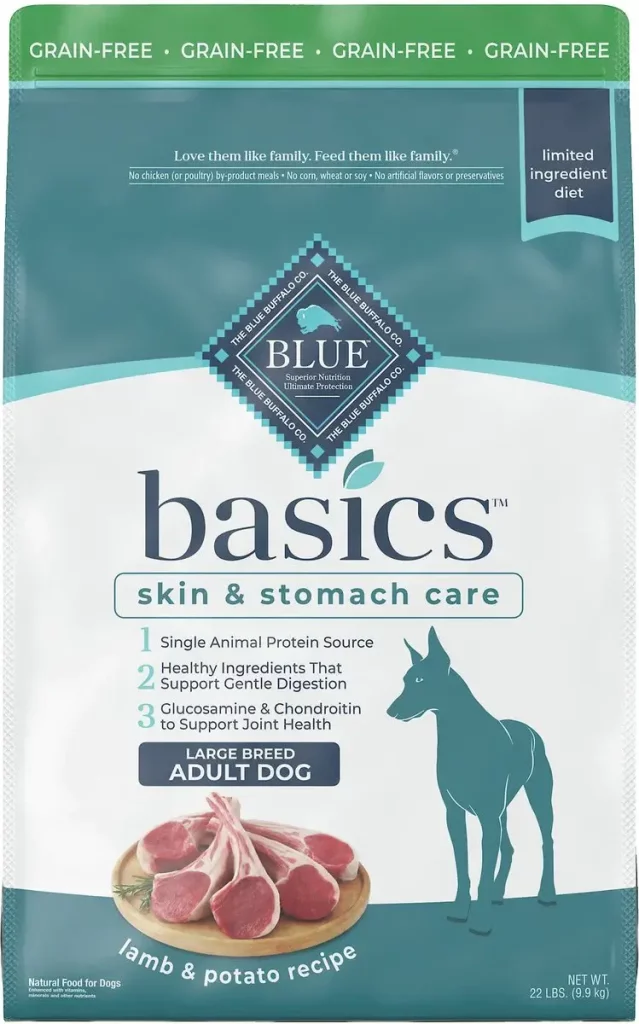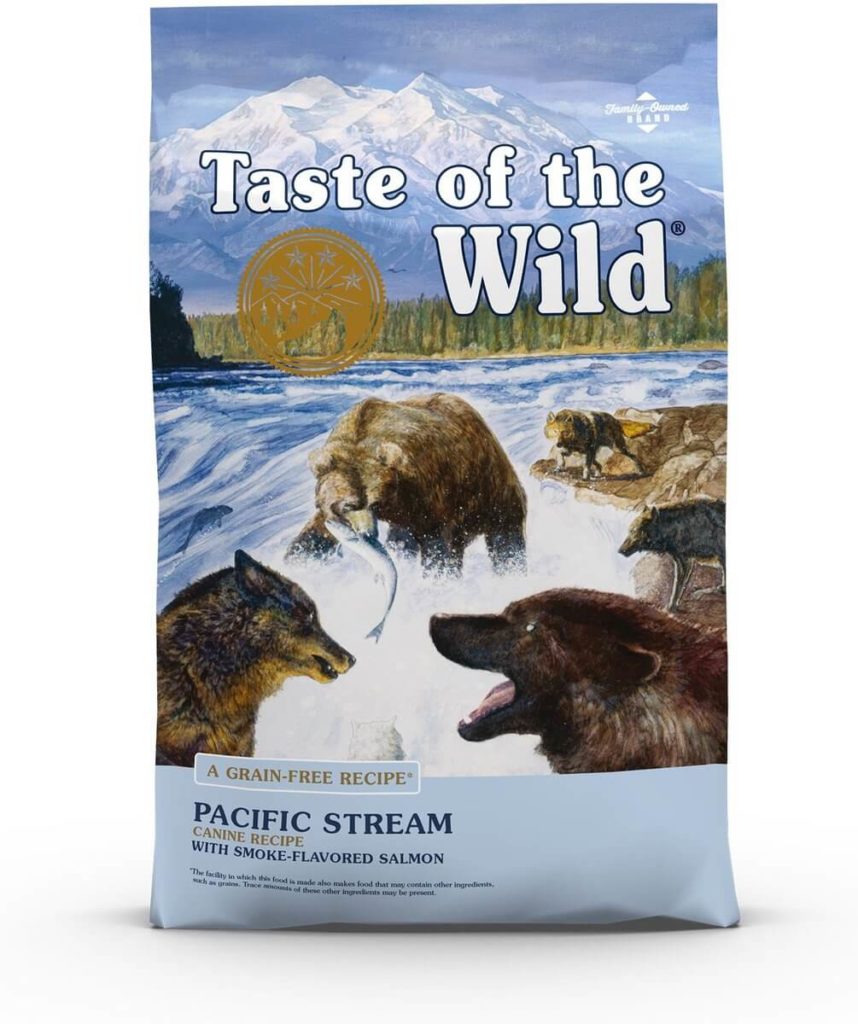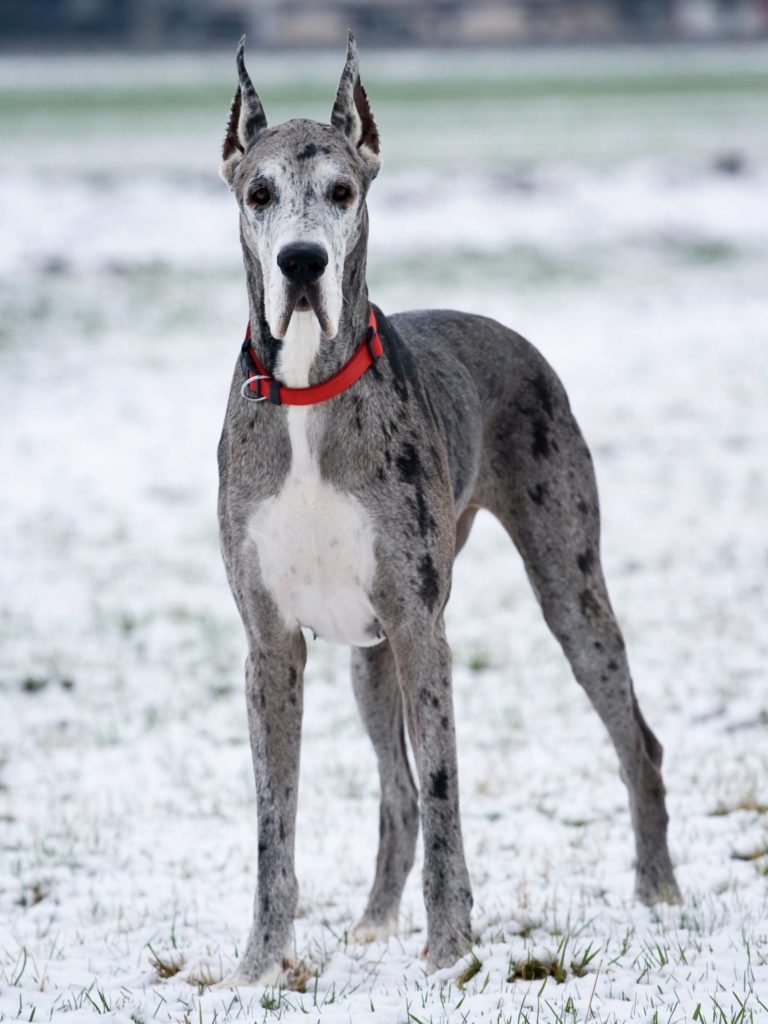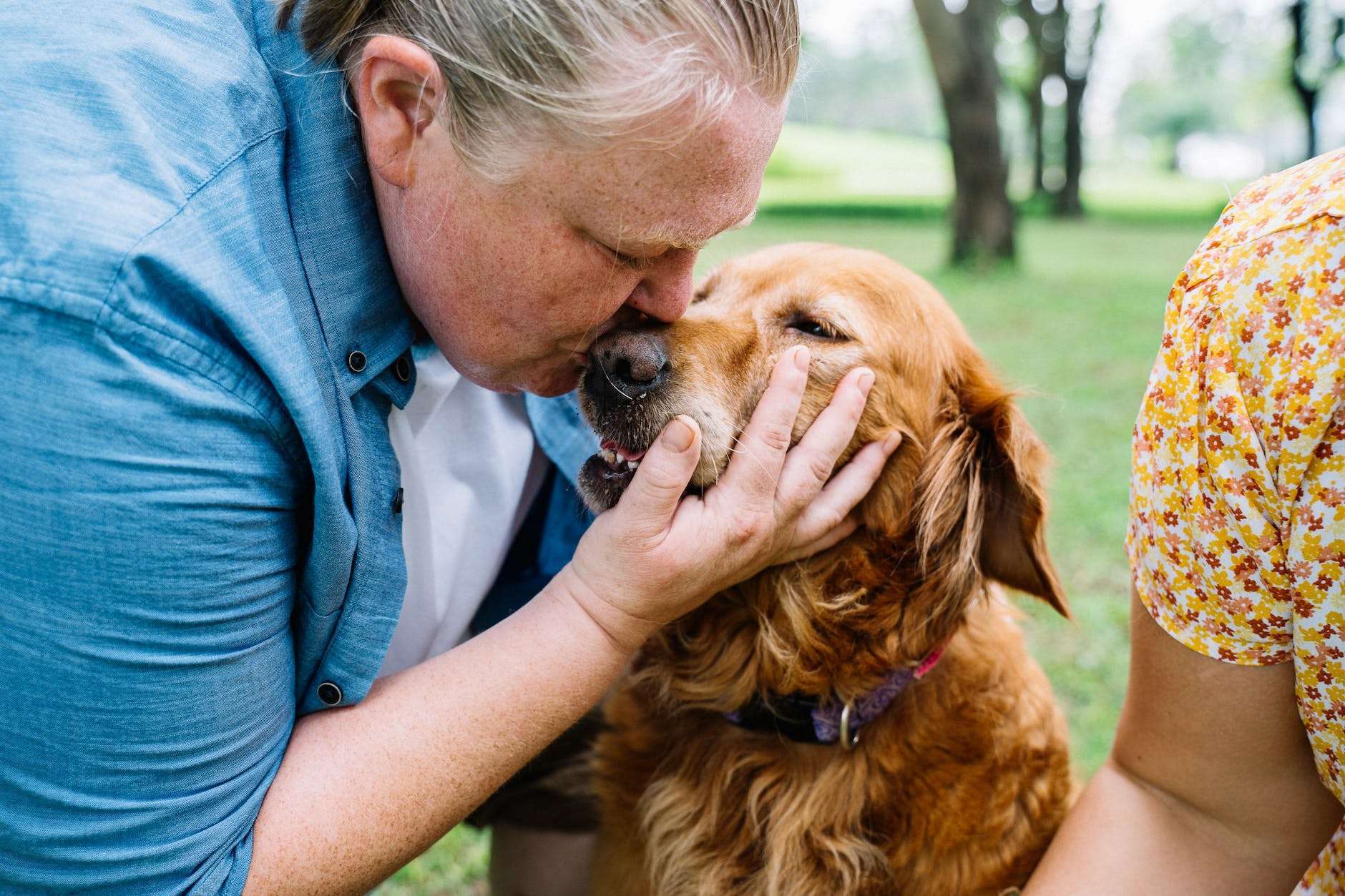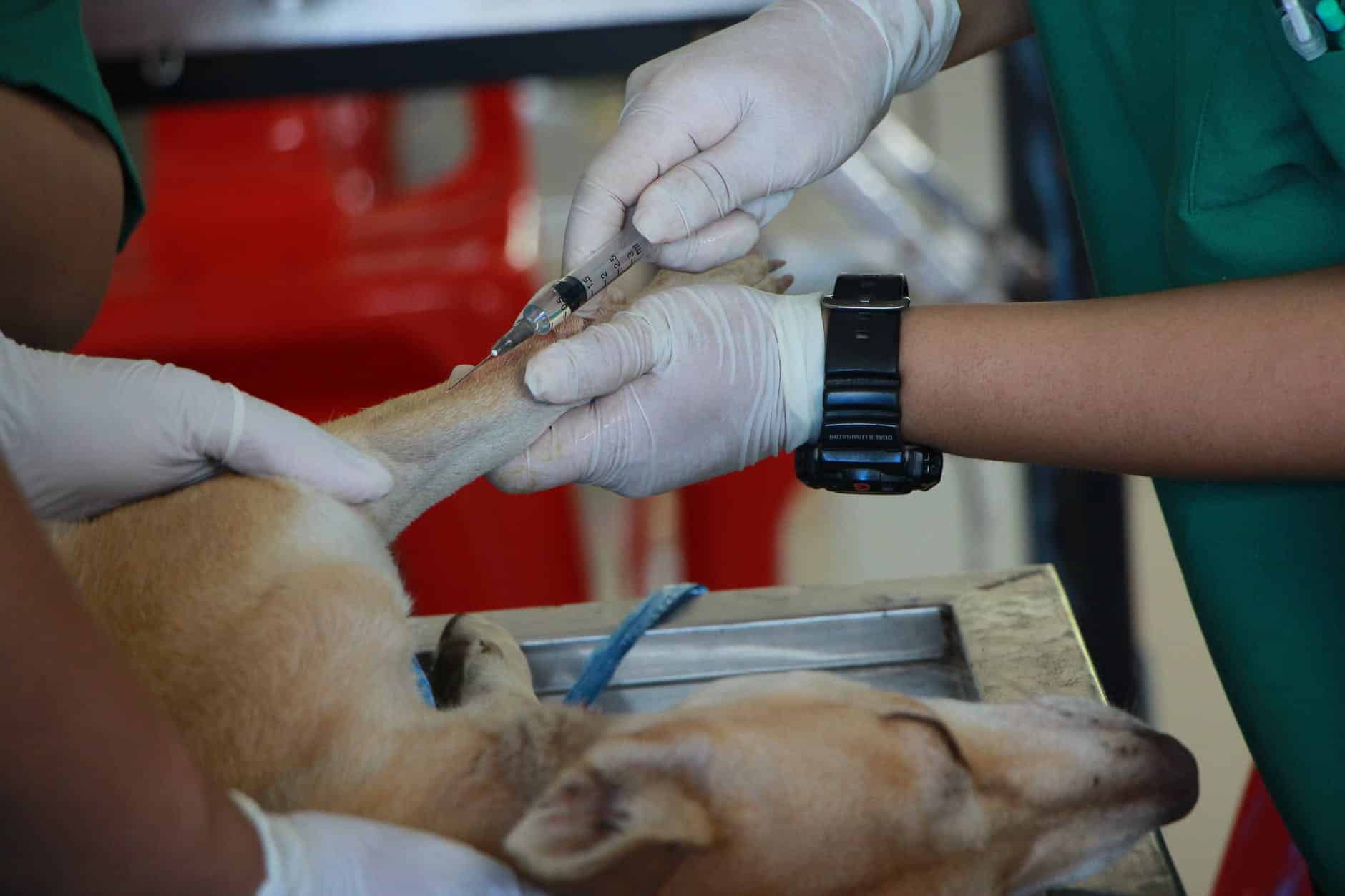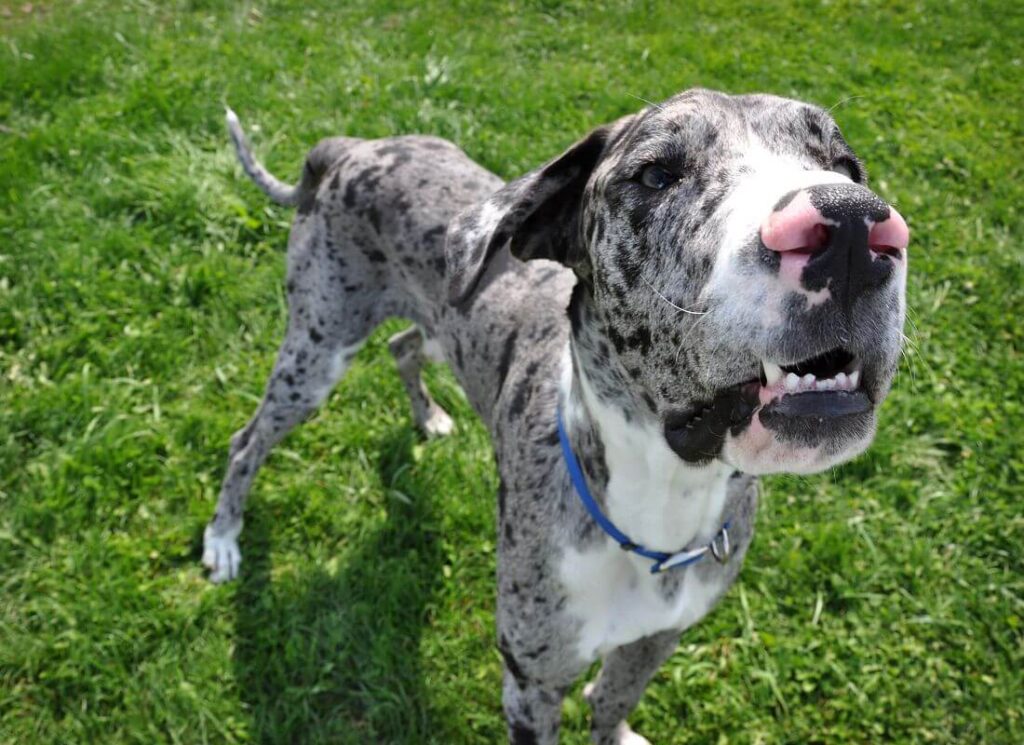Imagine this: you’re at the veterinarian for a routine checkup when they mention that your pet has a heart murmur. While this condition may seem daunting, it’s important to note that heart murmurs in dogs are not always catastrophic. Unfortunately, at times, they are indicative of a bigger problem.
If your veterinarian has diagnosed your dog with a heart murmur, you must rule out more serious conditions. Start here for more information on causes and treatments!

Heart Murmur Levels in Dogs
Veterinarians diagnose heart murmurs in dogs based on their intensity and characteristics, which are typically graded on a scale from I to VI.
Here’s an overview of the different levels of heart murmurs in dogs:
Grade I:
- Grade I murmurs are the softest and often difficult to detect.
- They may only be audible during careful auscultation in a quiet environment.
Grade II:
- Grade II murmurs are still relatively soft but can be heard more clearly with a stethoscope.
- They may occur intermittently.
- Monitoring and periodic reevaluation by a veterinarian are usually recommended.
Grade III:
- Grade III murmurs are moderate in intensity and can be heard readily with a stethoscope placed on the chest wall.
- They may indicate underlying heart disease, such as valve abnormalities or congenital defects.
- Further diagnostic tests, such as echocardiography, may be recommended to determine the cause and severity of the murmur.
Grade IV:
- Grade IV murmurs are loud and can be heard with the stethoscope barely touching the chest.
- They often indicate significant heart abnormalities and may be associated with clinical signs such as coughing, exercise intolerance, or fainting.
- Prompt evaluation by a veterinarian and initiation of treatment is typically necessary.
Grade V:
- Grade V murmurs are very loud and may be accompanied by palpable vibrations (thrills) over the chest wall.
- They may indicate severe heart disease, such as advanced valve dysfunction or cardiomyopathy.
- Immediate veterinary attention and aggressive management are crucial to stabilize the dog’s condition and improve its prognosis.
Grade VI:
- Grade VI murmurs are the loudest and most intense.
- They are often associated with life-threatening conditions such as congestive heart failure or ruptured chordae tendineae.
- Emergency veterinary care is required, and treatment options may be limited depending on the underlying cause and overall health status of the dog.
Understanding the grading system for heart murmurs allows veterinarians to assess the severity of the condition and tailor appropriate treatment plans to manage the dog’s cardiac health.
If your pet has been diagnosed with a heart murmur of any type, don’t panic. Your veterinarian will guide you on the next steps.

What Causes Heart Murmurs in Dogs?
Heart murmurs in dogs can have various underlying causes, ranging from benign conditions to serious cardiac abnormalities. Some common causes include:
Valve Abnormalities:
- Degenerative valve disease: This is the most common cause of heart murmurs in older dogs. It involves progressive deterioration of the heart valves, particularly the mitral valve.
- Congenital valve defects: Dogs may be born with malformed or abnormal heart valves, leading to turbulent blood flow and murmurs from an early age.
Structural Heart Defects:
- Ventricular septal defect (VSD): A hole in the septum (wall) between the heart’s ventricles, allowing blood to flow abnormally between the chambers.
- Patent ductus arteriosus (PDA): Failure of the fetal ductus arteriosus to close after birth, resulting in abnormal blood flow between the aorta and pulmonary artery.
Cardiomyopathy:
- Dilated cardiomyopathy (DCM): Characterized by weakened and enlarged heart muscles, leading to impaired pumping function and murmurs due to turbulent blood flow.
- Hypertrophic cardiomyopathy (HCM): Thickening of the heart muscles, particularly the walls of the left ventricle, leading to abnormal blood flow and murmurs.
Anemia:
- Low red blood cell count or inadequate hemoglobin levels can cause turbulent blood flow through the heart chambers, resulting in murmurs.
- Anemia may be caused by various factors, including nutritional deficiencies, blood loss, or underlying health conditions.
Hyperthyroidism:
- An overactive thyroid gland (hyperthyroidism) can lead to increased heart rate (tachycardia) and potentially murmurs due to altered blood flow dynamics.
- Thyroid hormone imbalances can affect cardiovascular function and contribute to the development of murmurs.
Other Causes of Heart Murmurs in Dogs
- Heartworm disease: Infestation with heartworms can lead to pulmonary hypertension and murmurs due to increased pressure in the pulmonary artery.
- Infections (e.g., endocarditis): Bacterial or fungal infections affecting the heart valves or lining can cause murmurs and other cardiac abnormalities.
It’s important for veterinarians to thoroughly evaluate dogs with heart murmurs to determine the underlying cause and appropriate management strategy. Treatment may vary depending on the specific diagnosis and severity of the condition.
You can read more about heart murmurs from Cornell University, HERE.

What are the Signs of Heart Problems in Dogs?
Signs of heart problems in dogs can vary depending on the specific condition and its severity. However, some common signs to watch for include:
- Coughing: Persistent coughing, especially at night or during physical activity, can be a sign of heart disease in dogs.
- Difficulty Breathing: Labored or rapid breathing, especially at rest, can indicate heart-related respiratory distress.
- Exercise Intolerance: Reluctance to engage in physical activity or tiring quickly during exercise may be a sign of reduced cardiac function.
- Fainting or Weakness: Episodes of fainting or weakness, particularly during exertion or excitement, can be indicative of poor circulation or cardiac arrhythmias.
- Reduced Appetite or Weight Loss: Loss of appetite or unexplained weight loss may occur in dogs with advanced heart disease.
- Abdominal Distension: Swollen or distended abdomen (ascites) due to fluid accumulation may occur in dogs with congestive heart failure.
- Bluish Discoloration of Gums: Cyanosis, or bluish discoloration of the gums or tongue, may indicate inadequate oxygenation of the blood.
- Restlessness or Anxiety: Dogs may exhibit restlessness, pacing, or anxiety, particularly if they are experiencing discomfort or difficulty breathing.
- Reduced Stamina: Decreased energy levels or reluctance to engage in normal activities may be a sign of underlying cardiac issues.
- Syncope (Fainting): Sudden loss of consciousness or fainting episodes can occur in dogs with severe heart disease, often triggered by exertion or excitement.
It’s important to note that these signs can be nonspecific and may also be indicative of other health conditions. If you notice any of these signs in your dog, especially if they are persistent or worsening over time, it’s essential to seek prompt veterinary attention for a thorough evaluation and appropriate diagnosis and treatment. Early detection and intervention can help improve outcomes and quality of life for dogs with heart problems.

When To See a Veterinary Cardiologist
A board-certified veterinary cardiologist is a specialized veterinarian who has undergone advanced training and obtained certification in veterinary cardiology. To become board-certified, they must pass comprehensive examinations administered by the American College of Veterinary Internal Medicine (ACVIM) in the subspecialty of cardiology.
Board-certified veterinary cardiologists possess extensive knowledge and expertise in interpreting diagnostic tests such as echocardiography, electrocardiography, and cardiac imaging, allowing them to provide specialized care for pets with heart conditions.
A veterinary cardiologist should be consulted when a dog is diagnosed with a heart condition or exhibits symptoms suggestive of cardiac disease, including heart murmurs.
A veterinary cardiologist will assess your dog’s cardiac health through diagnostic tests, including echocardiography, electrocardiography (ECG), and chest X-rays.
Armed with that information, they will devise a personalized treatment plan, which may involve medications, surgical interventions, diet changes, or other therapeutic measures. They also guide you on long-term management and monitoring, while collaborating closely with your dog’s primary care veterinarian to ensure comprehensive care.
If you visit with a Veterinary Cardiologist, it’s important to take their advice and adhere to the prescribed treatment protocol.
While alluring “holistic” treatments such as homemade food and herbal remedies may be presented to you by influencers and other pet owners, they aren’t based on science and may do more harm than good.

Should I Get a Puppy With a Heart Murmur?
Deciding whether to adopt or purchase a puppy with a heart murmur requires careful consideration and consultation with a veterinarian.
While a heart murmur in a puppy may raise concerns, it’s important to understand that not all murmurs indicate serious underlying heart disease.
In many cases, puppies may outgrow innocent or benign murmurs as they mature. However, if a murmur persists or is associated with other symptoms such as coughing, exercise intolerance, or fainting, further evaluation by a veterinarian, potentially including referral to a veterinary cardiologist, is necessary to determine the cause and severity of the murmur.
Some puppies have heart murmurs because they were born with congenital defects. These defects are often preventable with ethical breeding practices. Tread cautiously when working with breeders who do not do OFA Cardiac testing on breeds that are prone to heart disease.
Depending on the diagnosis and prognosis provided by the veterinarian, adopting a puppy with a heart murmur may still be feasible with proper management and care. Only you can determine if this situation is right for you and your family.

Do Grain-Free Foods Cause Heart Murmurs?
The link between grain-free diets and heart murmurs in dogs has been a topic of concern in recent years. While grain-free diets themselves do not directly cause heart murmurs, there is growing evidence suggesting a potential association between certain types of boutique or grain-free diets and an increased risk of dilated cardiomyopathy (DCM) in dogs.
DCM is a serious heart condition characterized by weakened and enlarged heart muscles, leading to impaired pumping function. Historically, DCM has been more commonly associated with specific breeds or genetic predispositions. However, in recent years, an apparent increase in DCM cases, particularly in breeds not typically predisposed to the disease, has raised questions about potential dietary factors.
Some research suggests that certain grain-free diets, especially those high in legumes (such as peas, lentils, and chickpeas) or potatoes, may be linked to an increased risk of DCM in susceptible dogs.
These diets often rely on non-traditional protein sources and may have imbalanced nutrient profiles, which could contribute to the development of cardiac issues over time.
However, it’s essential to note that the exact mechanisms and causative factors of diet-related DCM are still not fully understood, and ongoing research is needed to elucidate the relationship between diet and cardiac health in dogs.
In light of these concerns, pet owners are advised to consult with their veterinarians to ensure that their dog’s diet is nutritionally balanced and appropriate for their individual needs.
If a dog is diagnosed with DCM or exhibits symptoms of cardiac disease, including heart murmurs, dietary adjustments may be recommended as part of the overall treatment plan. Additionally, regular veterinary check-ups and monitoring are crucial for early detection and management of potential heart issues in dogs, regardless of their diet.

How are Heart Murmurs Treated?
Treatment for heart murmurs in dogs depends on the underlying cause and severity of the condition. Here are some common approaches:
Medications for Heart Murmurs in Dogs:
- Diuretics: These medications help remove excess fluid from the body, reducing pressure on the heart and alleviating symptoms of congestive heart failure.
- ACE Inhibitors: These drugs dilate blood vessels, improving blood flow and reducing the workload on the heart.
- Positive Inotropes: These medications strengthen the heart muscle’s contractions, improving its pumping ability.
- Antiarrhythmics: These drugs help regulate abnormal heart rhythms, reducing the risk of arrhythmia-related complications.
Dietary Management:
- Prescription Diets: Specialized diets formulated for heart health may contain specific nutrients or ingredients to support cardiac function.
- WSAVA-Compliant Diets: For dogs with less serious heart conditions, a WSAVA-compliant age and size-appropriate diet (such as Purina, Hill’s Science Diet, or Royal Canin) is the safest choice.
Hill’s Science Diet Heart Care Dog Food
This food is clinically proven to help dogs with heart conditions maintain health.
Requires veterinary recommendation.
Lifestyle Modifications:
- Exercise Restriction: Limiting strenuous activity helps reduce the workload on the heart and prevents the worsening of symptoms.
- Weight Management: Maintaining a healthy weight reduces strain on the heart and can improve overall cardiac function.
Monitoring and Follow-Up:
- Regular Veterinary Check-ups: Monitoring heart murmurs and assessing the dog’s response to treatment is essential for adjusting medications and managing the condition effectively.
- Diagnostic Tests: Periodic echocardiograms, electrocardiograms, and chest X-rays may be recommended to monitor the progression of heart disease and assess treatment efficacy.
Interventional Procedures:
- Surgery: In some cases, surgical interventions such as valve repair, pacemaker implantation, or correction of congenital heart defects may be necessary to improve cardiac function and alleviate symptoms.
Pet owners should work closely with their veterinarians to develop a comprehensive treatment plan that addresses their dog’s specific condition and optimizes their cardiac health and quality of life.

